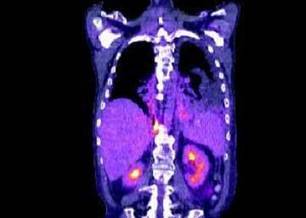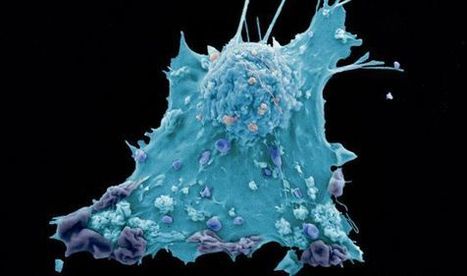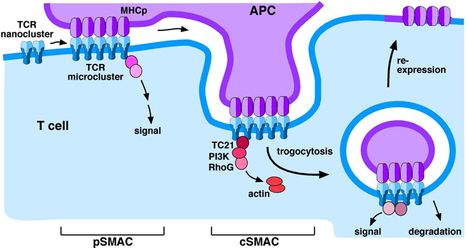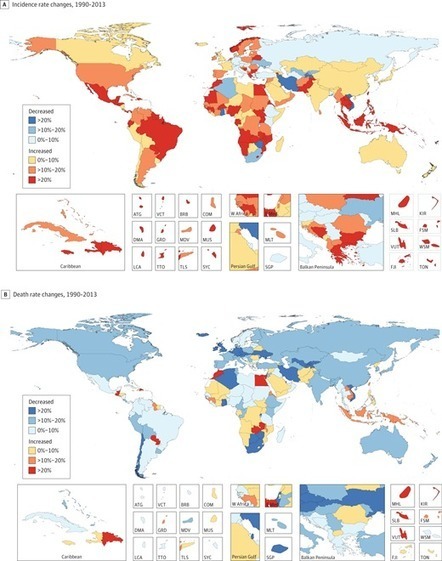La inmunoterapia es ya una realidad para algunos tumores. En otros se avanza para reemplazar a técnicas más agresivas, pero todavía tendrán que convivir con las más modernas durante años
Research and publish the best content.
Get Started for FREE
Sign up with Facebook Sign up with X
I don't have a Facebook or a X account
Already have an account: Login
Latest advances in immunopathology diagnosis and treatment
Curated by
Alfredo Corell
 Your new post is loading... Your new post is loading...
 Your new post is loading... Your new post is loading...
|
|























La inmunoterapia se está configurando como una terapia individualizada en la lucha contra muchos tumores. Ya no es ciencia-ficción... las defensas nos ayudan a eliminar tumores. Este ha sido el lema principal de Congreso mundial de Inmunología que se ha celebrado en Melbourne en agosto de 2016